The adorable Papi-Poo is a cross between a purebred Papillon and Poodle.
Papillon x Poodle = Papipoo or Papi-Poo
History/Origin
The Papi-Poo is a designer crossbreed from the United States. The cute pooch is the offspring of a cross between a Papillon and the Poodle which has produced an enthusiastic dog that is easy and willing to be trained and is relatively easy to care for and is lovely for apartment-style lifestyle.
Appearance
This affectionate dog is a small sized toy dog who has a small well proportionate body with short legs. Despite its small size, the Papipoos are quite energetic and agile and perform well in sports like agility, hunting tests, and obedience if trained properly.
They have a round head with amber or brown colored bright eyes, and deep black nose to add charm to its fabulous personality.
They have short-medium wavy hair and tail with often a combination of 2 or more colors. They shed minimally and are hypoallergenic dogs.
Papipoo Pictures
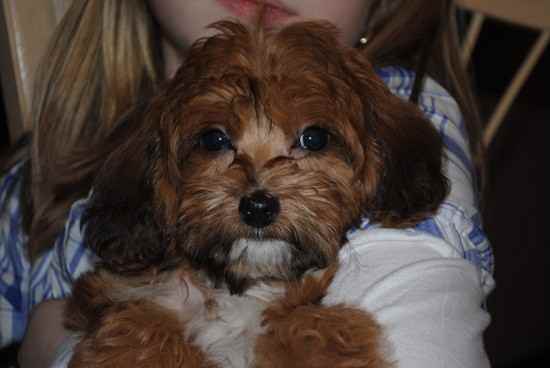
Papipoo Pics 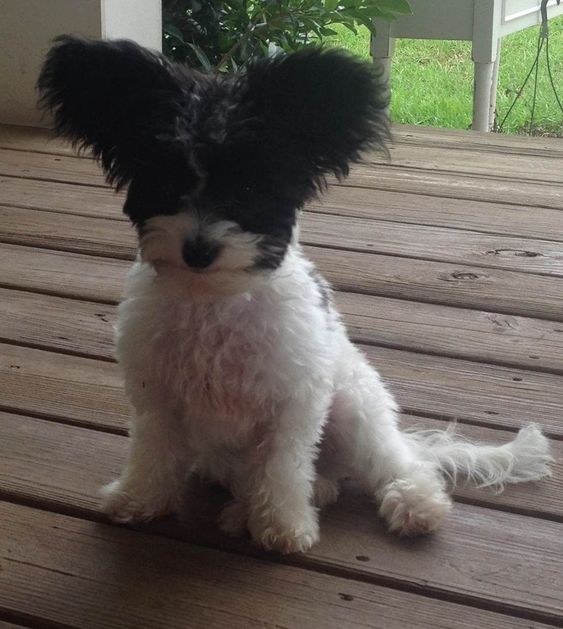
Papipoo Photos 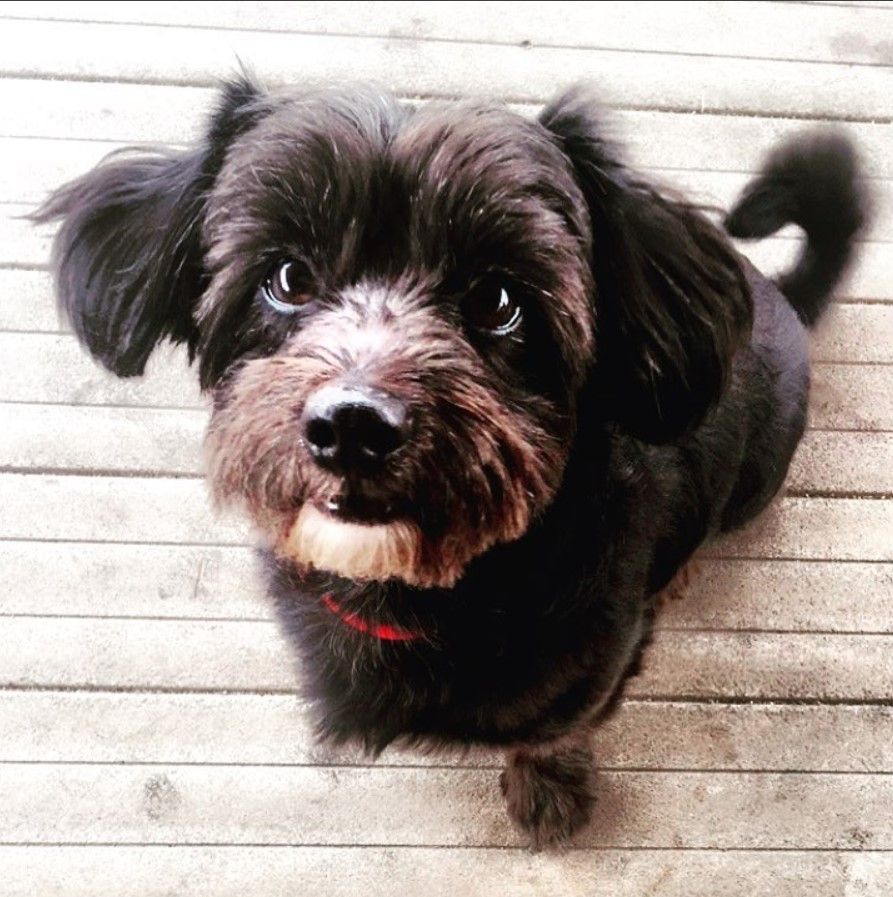
Papillon Poodle 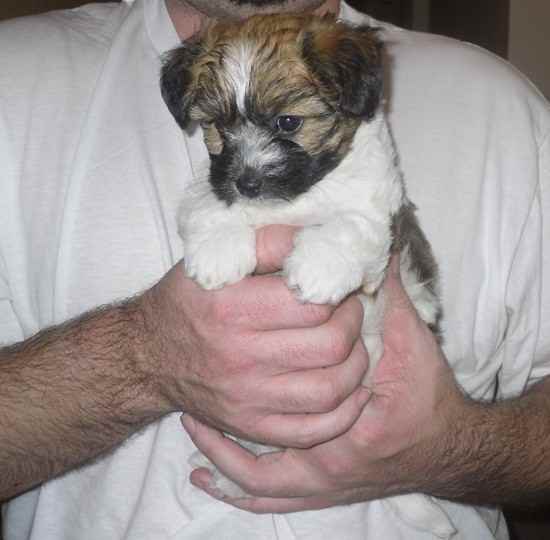
Papillon Toy Poodle Mix 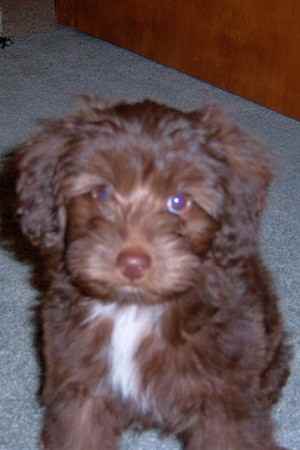
Papillon x Poodle 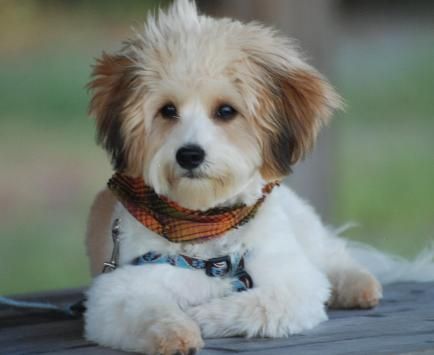
Papipoo Dog Breed 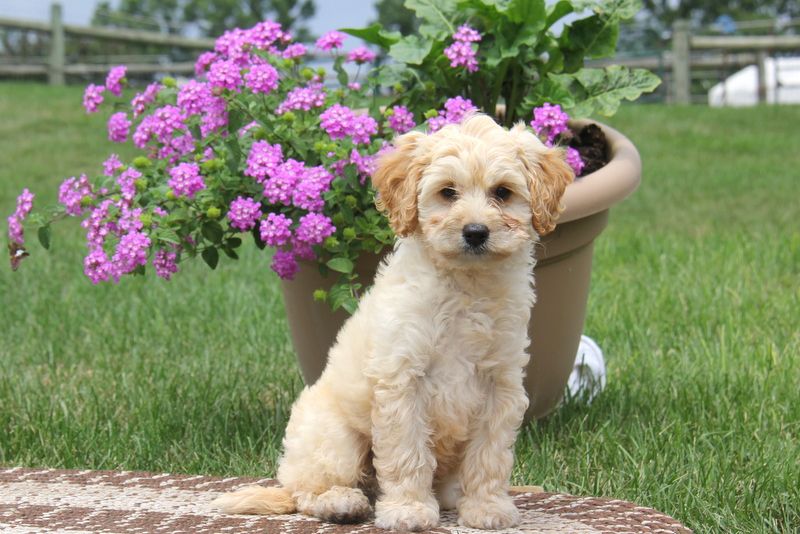
Papipoo Dog 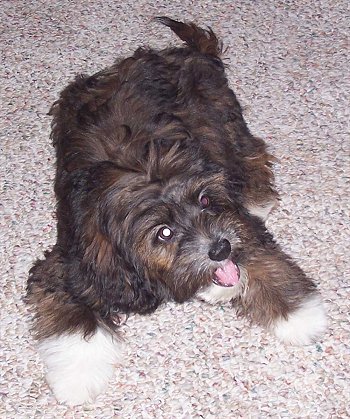
Papipoo Images 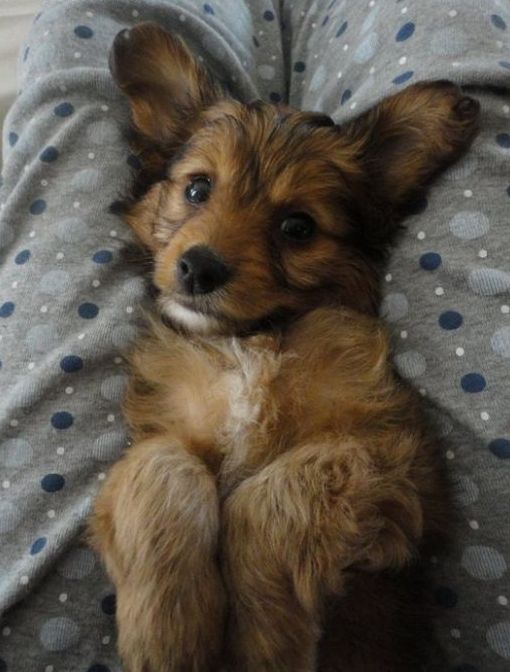
Papillon Poodle Mix 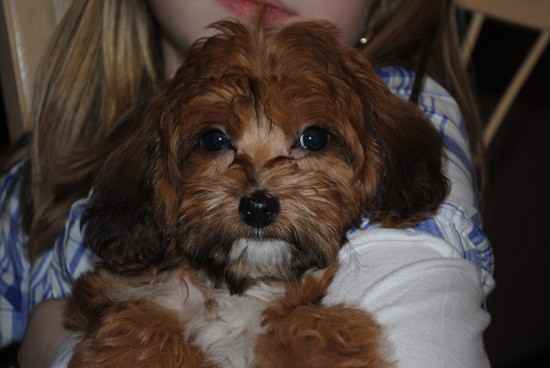
Papillon Cross Poodle 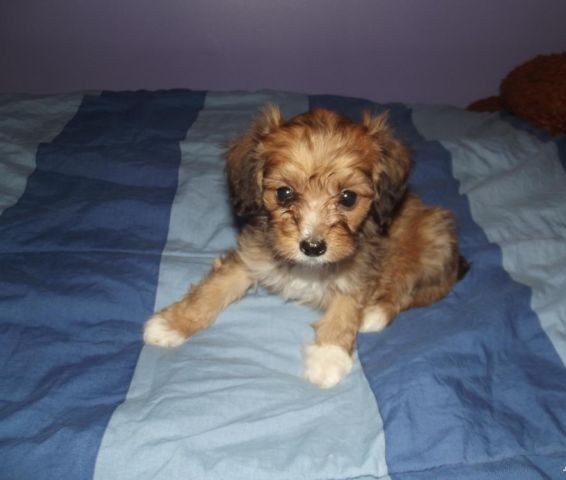
Papi Poo 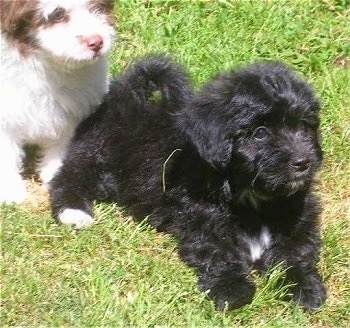
Papi Poo Full Grown
Quick Information
| Characteristics | Details |
|---|---|
| Name | Papipoo |
| Other Names | Papi-poo, Papi Poo, Papillon-Poodle Mix |
| Color | White/cream, Black, Dark brown/chocolate, light brown/golden, black and white, gray |
| Coat | Soft, Straight or Wavy, Medium Length |
| Breed Type | Crossbreed |
| Breed Group | Toy |
| Size | Small Sized |
| Hieght | 11 inches Approx |
| Weight | 6-14 lbs |
| Life Span/Life Expentancy | 10-14 Years |
| Temperament | Loving, Gentle, Smart, Social, Friendly, Playful |
| Shedding | Minimal |
| Hypoallergenic | Yes |
| Barking Level | Occassional |
| Energy Level | Active |
| Good with Children | Yes |
| Good with Other Dogs | Yes |
| Country of Origin | USA |
| Competitive Registration/Qualification Information | DRA, DBR, DDKC, IDCR, ACHC |
Temperament and Behavior Traits
The Poodle-Papilon mix has a loving personality which you are immediately going to fall for. They are smart, devote, little mischievous but gentle canines, who make great family pets.
The Papi-poo loves to be around kids and will get along with other household pets and dogs. It is always eager to please its family and is willing to be held or cuddled by them and are great companion dogs.
It can be a bit wary and will alert you to strangers coming onto the property by barking loudly, due to its protective nature. It is one of the most popular Poodle mixes which has an affectionate temperament.
Care ~ Exercise
These little dogs are perfectly suited to life indoors and apartment lifestyle. They love running around the house and playing with toys and hopping around the furniture.
They prefer being involved in pet puzzles, games, balls, and plush toys are good options to keep your pet busy when indoors.
However, 15-20 minutes walk around the neighborhood or some free time to run or some playtime at the pet park is always welcomed and will keep the toy pooch engaged.
Grooming
The Papipoos are low shedder but are high-maintenance dogs requiring regular grooming. Their medium wavy hair needs to brush 3-4 days a week to keep them tidy and untangled. This helps to distribute their natural skin oils, keeping their skin and coat healthy.
Bathing is required for the dogs when they get dirty, or wiping them gently with a wet cloth to put of the dirt will suffice.
Other maintenance issues are their teeth; they will need these brushed at least twice a week to maintain oral health. A periodical ear and eye check, plus a gentle nail clip will keep your Papi-poo clean and tidy.
Health Problems
The Papi-Poo has an average lifespan of 10 to 14 years.
A primary advantage to crossbred dogs is that they usually pick up the healthier genes of its parent lineage. However, the Papipoo could possibly be susceptible to the health problems that commonly affect its parent breeds, the Papillon and Poodle.
Some disorders that you should keep an eye out for,
- Patellar Luxation
- Hip
Dysplasia - Bone Disorders.
A Papi-Poo may also develop hypothyroidism or eye conditions like progressive retinal atrophy.
Training
The Papi-Poo is a clever and smart breed and training them is not a difficult task. They love learning tricks, and pleasing their owners they enjoy a bit of training as long as it is positive and rewarding.
Since the pooch loves to play around and hop on kitchen furniture, teaching them basic commands will help them to obey instructions given.
Early socialization and interaction with people and other pets at the park will help them in building their social skills.
Take them out after meals, after grooming sessions, before bedtime, and in the morning.
Crate training is also recommended since it will help them accept confinement.
Feeding/Diet
It has high energy requirements, and so needs a nutrient-rich diet. It will enjoy a vegetarian diet containing some protein sources like baked beans, cottage cheese, lentils, and cooked eggs.
You add some healthy grain options like bread, brown rice, and wholegrain cereals to their daily diet. If you insist on providing commercial dry food, then the amount should be 1/2-1 cup per day.
Puppies
These tiny dogs are irresistibly adorable puppies. They seem like walking soft-toys. Handle these bundles of joy
Papi-Poo puppies can easily injure themselves if they jump off of the
Start training your Papi-Poo starting in puppyhood to teach him to follow commands. Expose him to different people and pets so he can grow up to be a confident and friendly adult.
Papi Poo Puppy Photos
Video: Papi-Poo Puppies Playing
Full Grown Papipoo

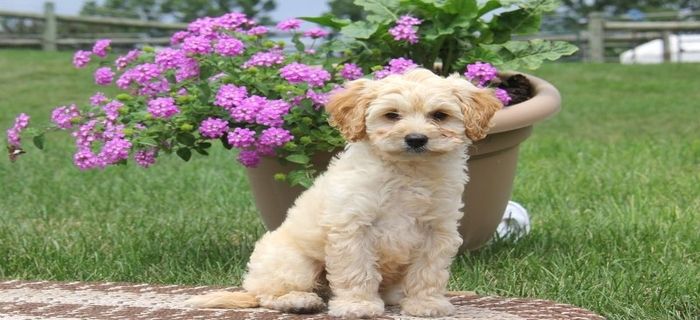
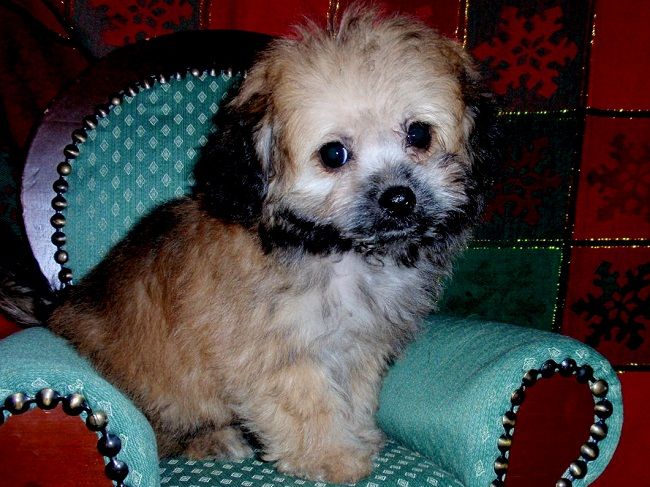
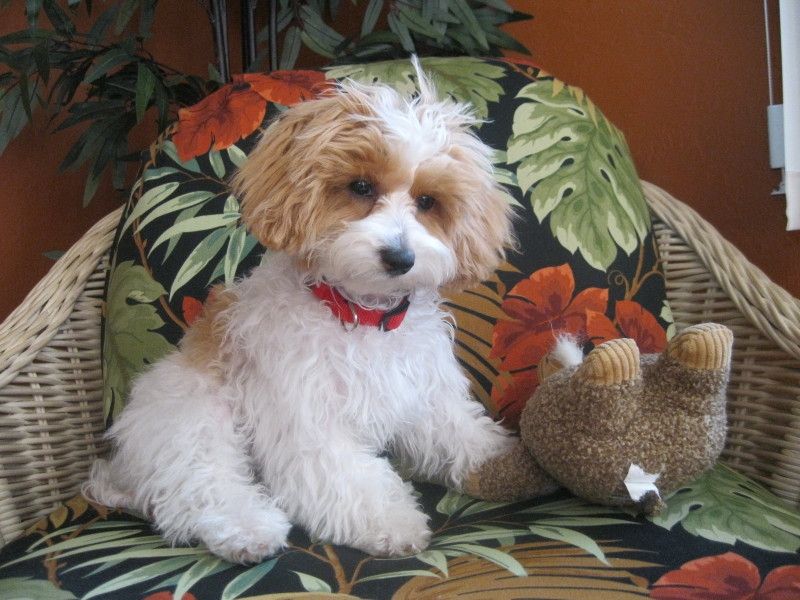
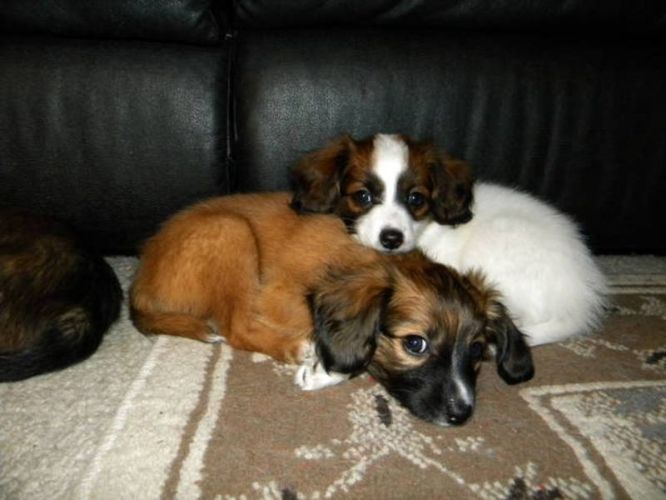
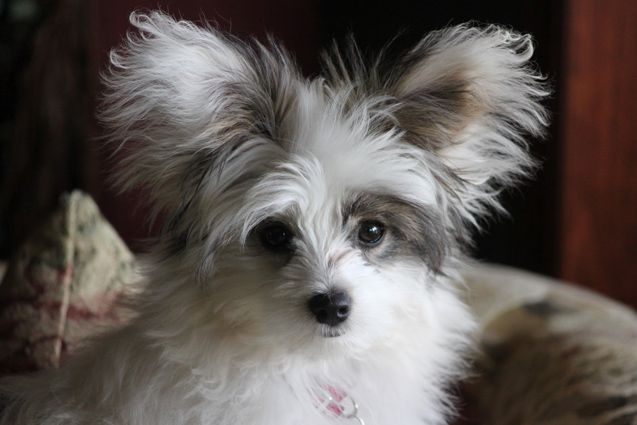
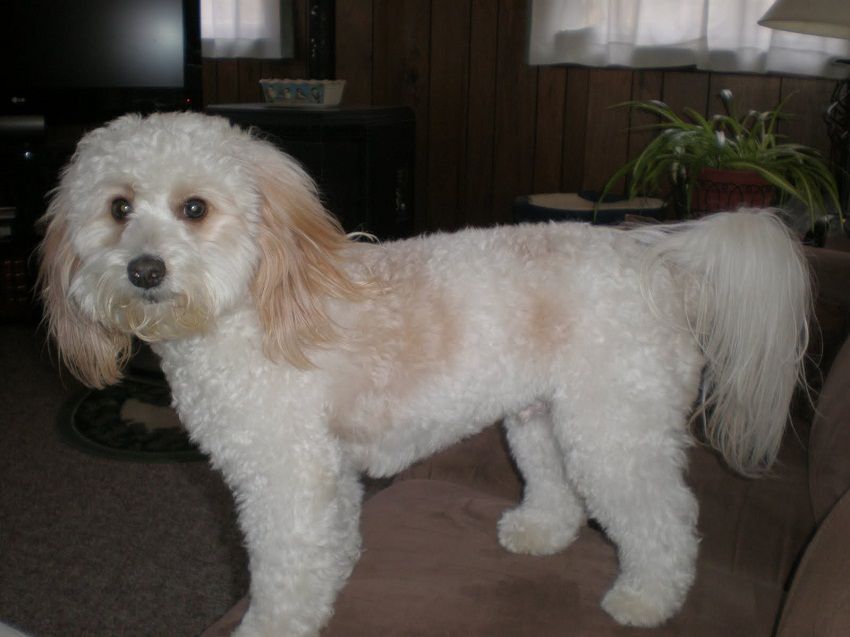
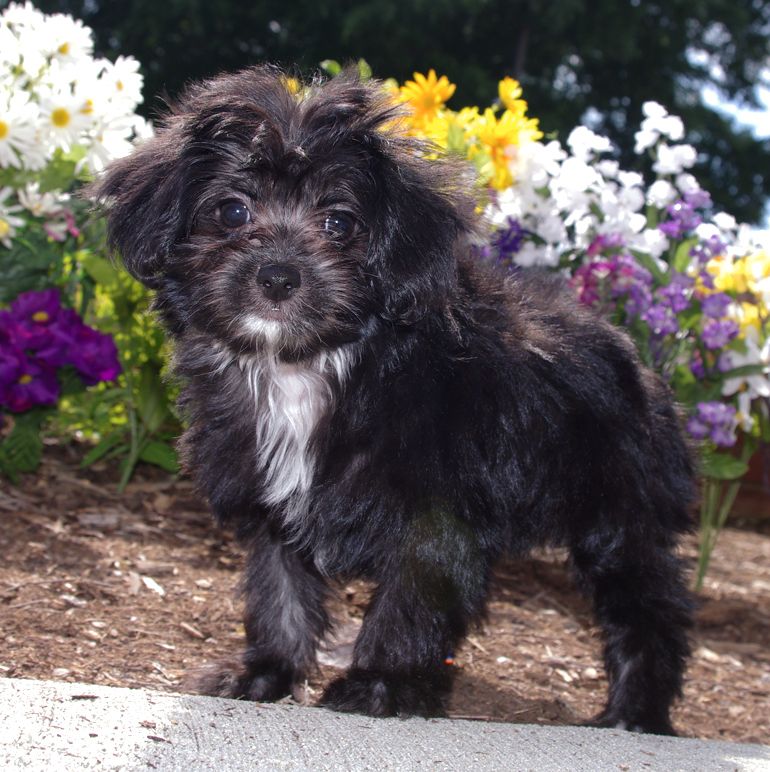
I would like to speak to someone who raises papi-poos.
Thank you!
Hello,
We hope someone who has raised a Papi-poo will contact you soon on this page.
Thanks